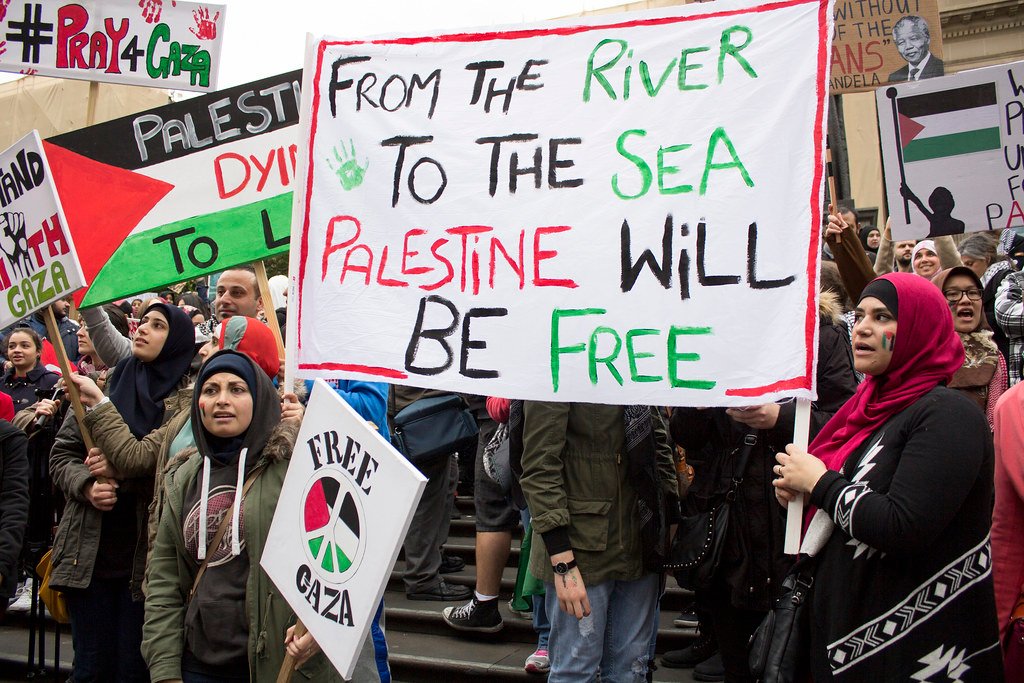Israel’s security cabinet approved a ceasefire and hostage deal with Hamas on Friday, January 17, marking a significant step towards ending the over-year-long war in Gaza.
The deal, negotiated in Qatar, involves the exchange of 33 hostages held in Gaza for up to 1000 Palestinian prisoners in Israeli jails.
Despite the agreement, Israeli airstrikes continued in Gaza overnight Friday, resulting in the deaths of 113 Palestinians since the ceasefire announcement on Wednesday evening.
Preparations were underway to welcome the released hostages at Israeli hospitals, with medical centres in Tel Aviv and Sheba making arrangements for their arrival.
According to Israeli Prime Minister Benjamin Netanyahu‘s office, the implementation of the plan could begin on Sunday, subject to security cabinet and government approval.
The first phase of the plan will last 42 days, during which there will be a halt to fighting, an exchange of hostages and prisoners, a drawdown of Israeli troops in Gaza, and a surge in humanitarian aid.
US President Joe Biden welcomed the news, stating that “after many months of intensive diplomacy by the United States, along with Egypt and Qatar, Israel and Hamas have reached a ceasefire and hostage deal.”
Biden attributed the breakthrough to “extreme pressure” on Hamas, a transformed regional equation, and “dogged and painstaking American diplomacy.”
Experts have mixed views on the deal’s implications. Some see it as a big leap step towards peace, while others warn that it may freeze the conflict with no political horizon.
Ahmed Fouad Alkhatib, a resident senior fellow at the Atlantic Council, notes that “Gazans will experience relief from the horrors of the relentless Israeli bombardment and attacks… However, Palestinians in Gaza will emerge out of this deal with the greatest humanitarian, political, and strategic losses,” he said
Comment, Like 👍, share this article, and Follow us on our social media handles.







